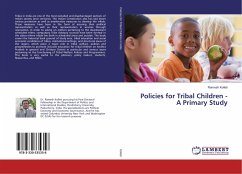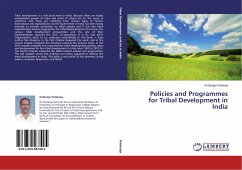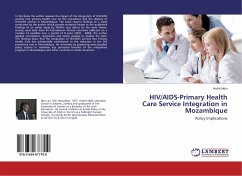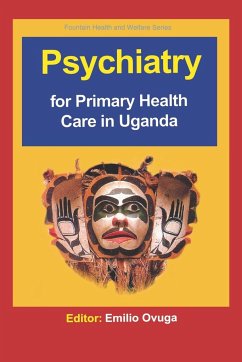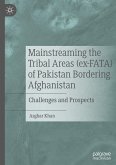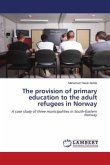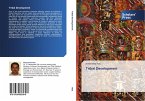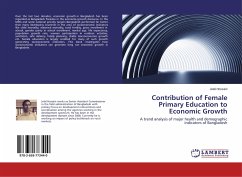Tribes in India are one of the most excluded and disadvantaged sections of Indian society since centuries. The Indian Constitution also has laid down various protective as well as ameliorative measures to develop the tribals. These measures have been in the form of assuring their political representation as well as their representation in services through reservation. In order to advise on matters pertaining to the development scheduled tribes, compulsory Tribe Advisory councils have been formed in the states where tribals live both in scheduled areas and outside. The book covers the historical back ground of study area, tribal education and social economic conditions of tribes, institutional settings, and structural issues of the region, which place a major role in tribal welfare, policies and programmees to promote inclusive education for tribal children an Andhra Pradesh in general and Chittoor District in particular and various issues pertaining to the functioning of Tribal Welfare Policies and Programmers. This book is very useful to the planners, policy makers, students, Researches, and NGOs.

